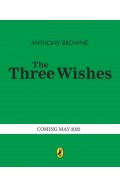Pakistan: Failure in National Integration
By: Rounaq Jahan
-
Rs 845.75
- Rs 995.00
- 15%
You save Rs 149.25.
Due to constant currency fluctuation, prices are subject to change with or without notice.
This study was widely acclaimed as the first definitive analysis of the disintegration of Pakistan and the birth of Bangladesh. It presents a scholarly explanation of why the policies of the Pakistani ruling elites, especially the policies and institutional innovations of the Ayub regime (1958- 1968) which often seemed so promising to observers abroad, were in fact the prelude to the break up of Pakistan. The study shows that by emphasizing state building and economic growth and de-emphasizing nation building and development of political institutions, Ayub regime created a crisis in political management. The Pakistani ruling elites’ persistent refusal to allow democratic political institutions to function resulted in the exclusion of Bengalis from the national decision making process. The denial of their just claims led Bengalis to fight for initially autonomy and untimately independence.
This study was widely acclaimed as the first definitive analysis of the disintegration of Pakistan and the birth of Bangladesh. It presents a scholarly explanation of why the policies of the Pakistani ruling elites, especially the policies and institutional innovations of the Ayub regime (1958- 1968) which often seemed so promising to observers abroad, were in fact the prelude to the break up of Pakistan. The study shows that by emphasizing state building and economic growth and de-emphasizing nation building and development of political institutions, Ayub regime created a crisis in political management. The Pakistani ruling elites’ persistent refusal to allow democratic political institutions to function resulted in the exclusion of Bengalis from the national decision making process. The denial of their just claims led Bengalis to fight for initially autonomy and untimately independence.
Pakistan: Failure in National Integration
By: Rounaq Jahan
Rs 845.75 Rs 995.00 Ex Tax :Rs 845.75
Zubin Mehta: A Musical Journey (An Authorized Biography)
By: VOID - Bakhtiar K. Dadabhoy
Rs 892.50 Rs 1,050.00 Ex Tax :Rs 892.50
Confident Parents, Confident Kids
By: Jennifer S. Miller
Rs 2,715.75 Rs 3,195.00 Ex Tax :Rs 2,715.75
Germany and Propaganda in World War I: Pacifism Mobilization and Total War
By: David Welch
Rs 1,947.50 Rs 3,895.00 Ex Tax :Rs 1,947.50
Cheen Pur Aman Tarqi Ki Nai Sharahin
By: Mohammad Aslam Janjoa
Rs 289.00 Rs 340.00 Ex Tax :Rs 289.00
Confident Parents, Confident Kids
By: Jennifer S. Miller
Rs 2,715.75 Rs 3,195.00 Ex Tax :Rs 2,715.75
Germany and Propaganda in World War I: Pacifism Mobilization and Total War
By: David Welch
Rs 1,947.50 Rs 3,895.00 Ex Tax :Rs 1,947.50
Fetch (Five Nights at Freddy's: Fazbear Frights #2): Volume 2
By: Scott Cawthon
Rs 2,695.50 Rs 2,995.00 Ex Tax :Rs 2,695.50
Joy at Work: Organizing Your Professional Life
By: Marie Kondo
Rs 397.50 Rs 795.00 Ex Tax :Rs 397.50
The Optimism Bias Why were wired to look on the bright side
By: Tali Sharot
Rs 845.75 Rs 995.00 Ex Tax :Rs 845.75
Within These Wicked Walls: the must-read Reese Witherspoon Book Club Pick
By: Lauren Blackwood
Rs 1,695.75 Rs 1,995.00 Ex Tax :Rs 1,695.75
The Oil Road: Journeys from the Caspian Sea to the City of London
By: N/A
Rs 1,610.75 Rs 1,895.00 Ex Tax :Rs 1,610.75
The Rivalry: Mystery at the Army Navy Game -
By: John Feinstein
Rs 590.75 Rs 695.00 Ex Tax :Rs 590.75
Throne of the Fallen - From the New York Times and Sunday Times Bestselling Author of Kingdom of the Wicked
By: Kerri Maniscalco
Rs 3,145.50 Rs 3,495.00 Ex Tax :Rs 3,145.50
Stormcaster: Cinda Williams Chima: 3 (Shattered Realms, 3)
By: Cinda Williams Chima
Rs 1,015.75 Rs 1,195.00 Ex Tax :Rs 1,015.75
Jonathan Strange & Mr Norrell: 20th Anniversary Edition
By: Susanna Clarke
Rs 2,515.50 Rs 2,795.00 Ex Tax :Rs 2,515.50
Stories of Hope Finding Inspiration in Everyday Lives
By: Heather Morris
Rs 2,290.75 Rs 2,695.00 Ex Tax :Rs 2,290.75
Falling Awake - How to Practice Mindfulness in Everyday Life
By: Jon Kabat-zinn
Rs 1,865.75 Rs 2,195.00 Ex Tax :Rs 1,865.75
Deathcaster: 4 (Shattered Realms, 4)
By: Cinda Williams Chima
Rs 1,015.75 Rs 1,195.00 Ex Tax :Rs 1,015.75
Jane Eyre - Illustrations by Marjolein Bastin
By: Charlotte Bronte
Rs 8,095.50 Rs 8,995.00 Ex Tax :Rs 8,095.50
Zubin Mehta: A Musical Journey (An Authorized Biography)
By: VOID - Bakhtiar K. Dadabhoy
Rs 892.50 Rs 1,050.00 Ex Tax :Rs 892.50
Pakistan: Failure in National Integration
By: Rounaq Jahan
Rs 845.75 Rs 995.00 Ex Tax :Rs 845.75
Confident Parents, Confident Kids
By: Jennifer S. Miller
Rs 2,715.75 Rs 3,195.00 Ex Tax :Rs 2,715.75
Germany and Propaganda in World War I: Pacifism Mobilization and Total War
By: David Welch
Rs 1,947.50 Rs 3,895.00 Ex Tax :Rs 1,947.50












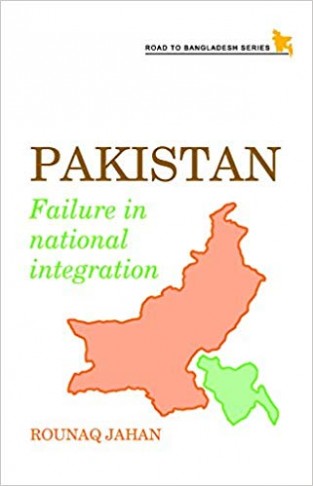
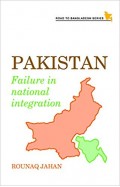
-120x187.jpg?q6)







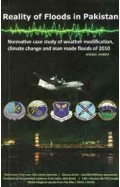



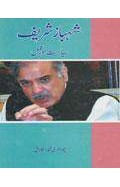
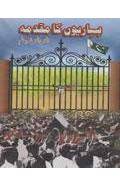

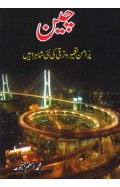
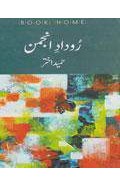
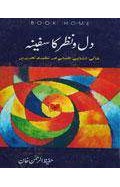
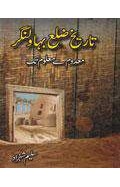

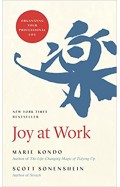

-120x187.jpg?q6)



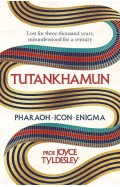



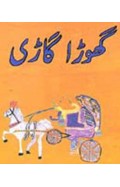



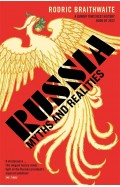








/1 sang e meel/DIARY OF A VAGABOND-120x187.jpg?q6)




